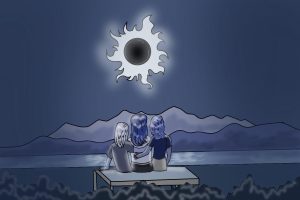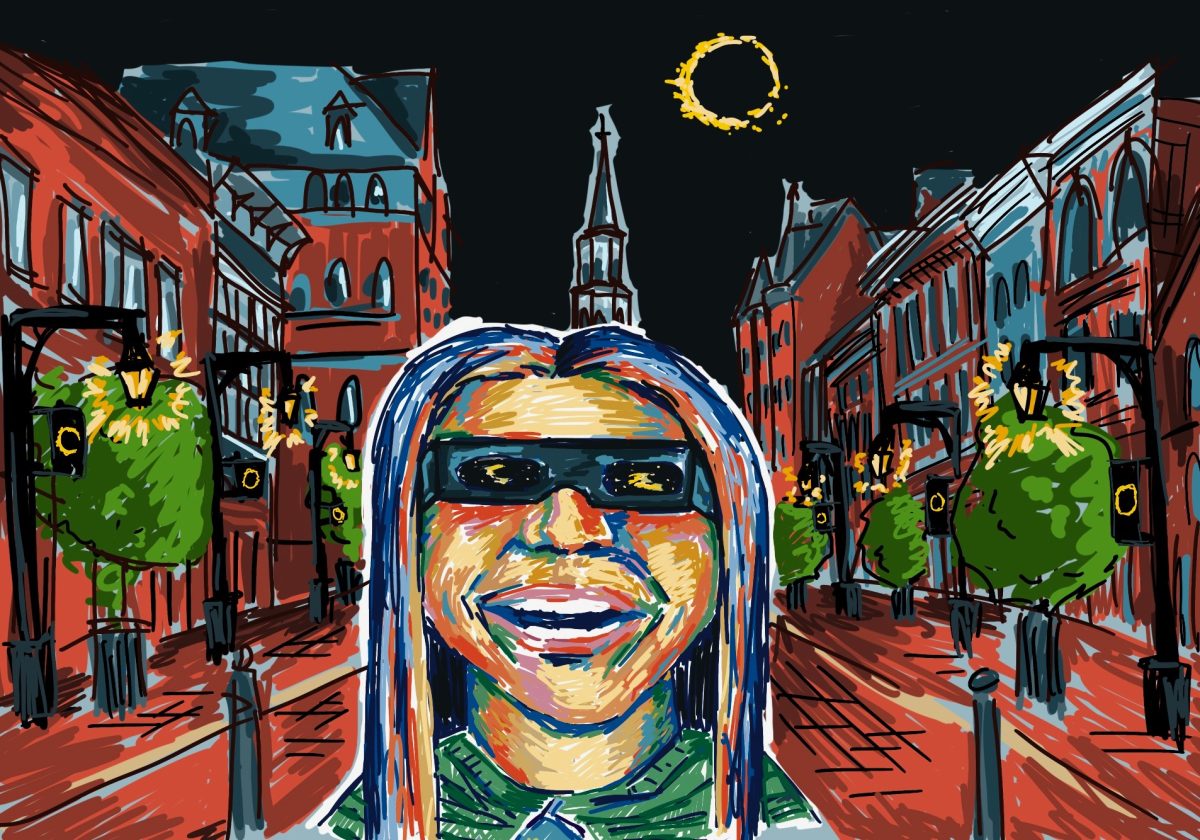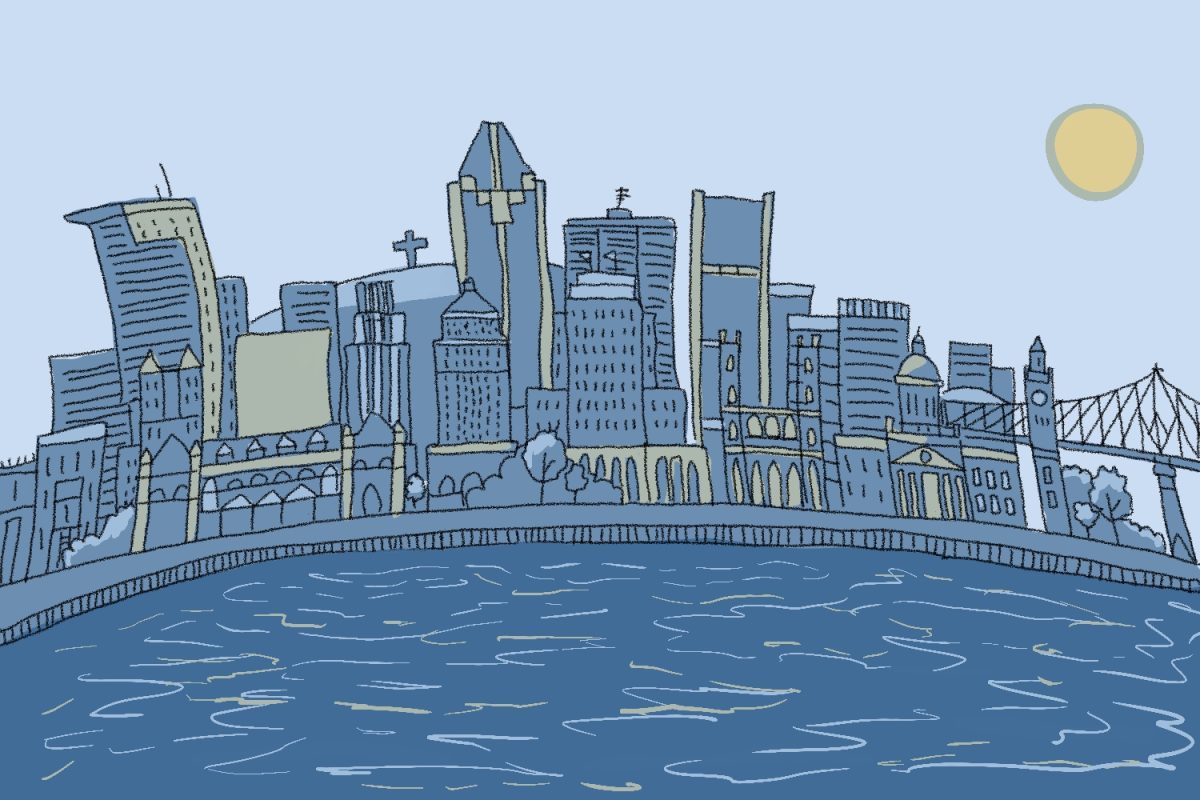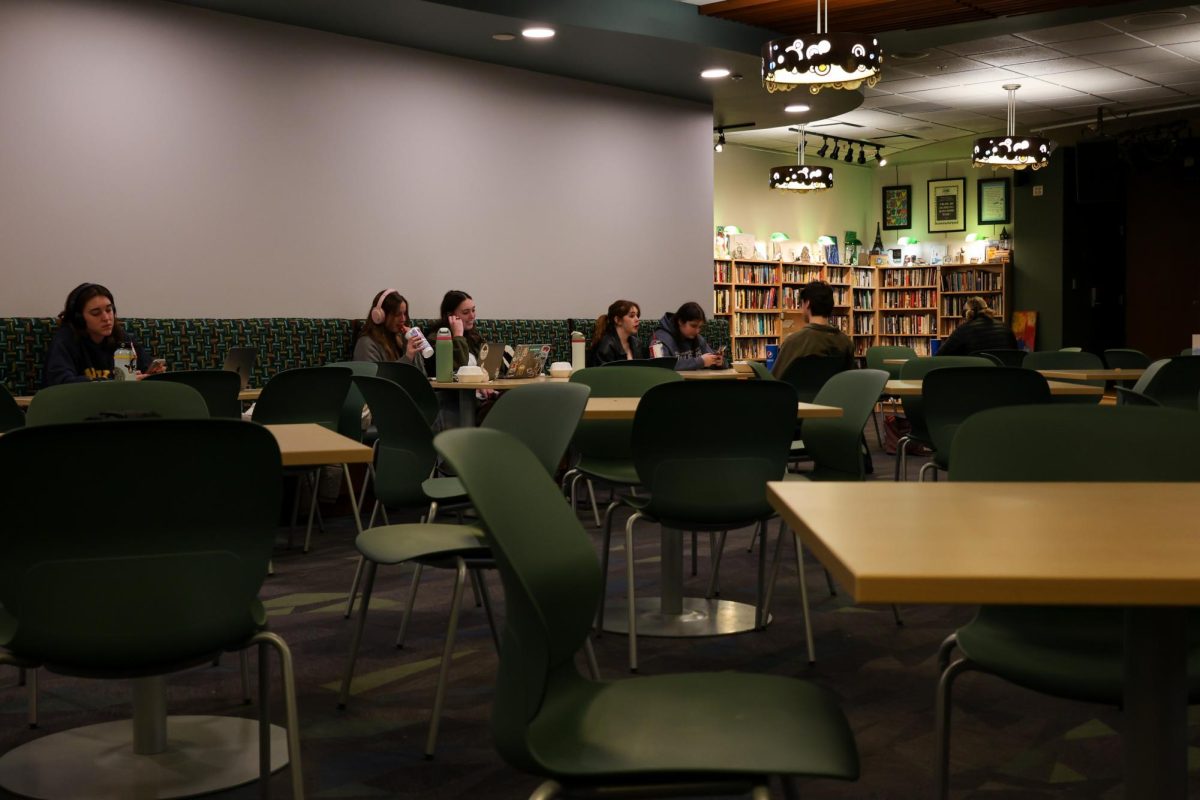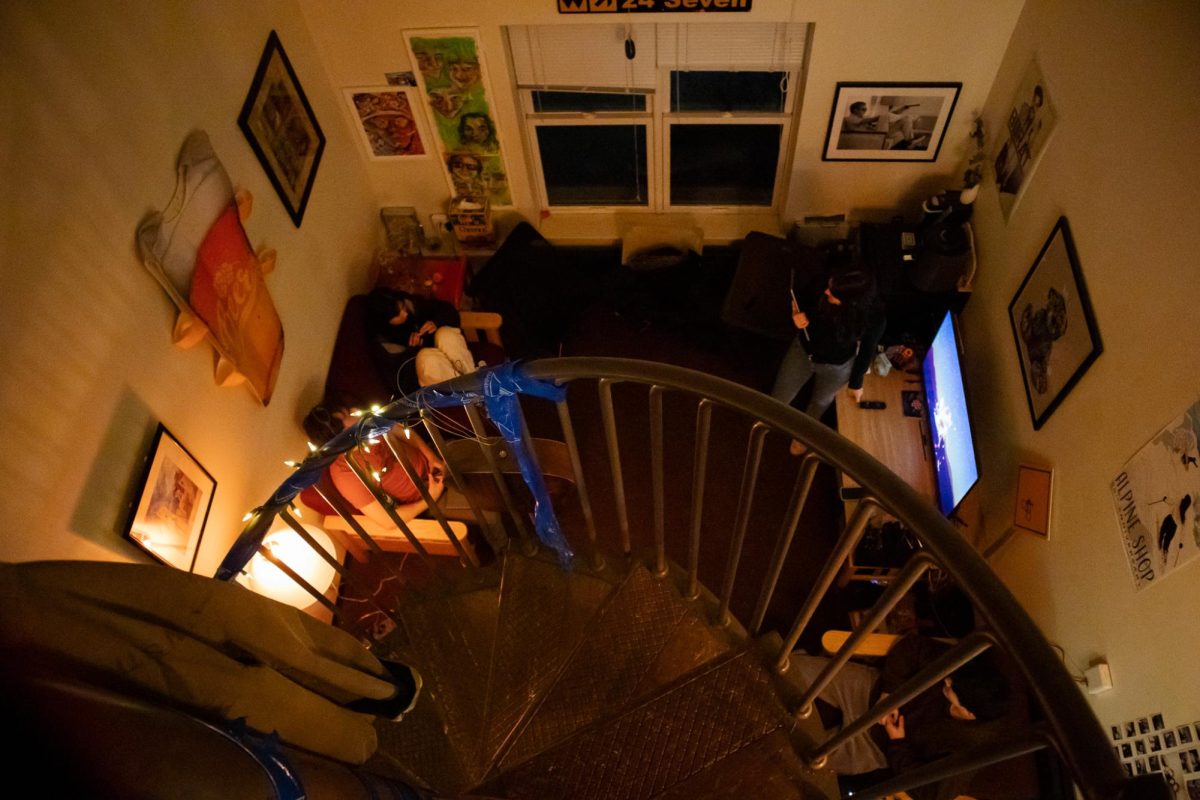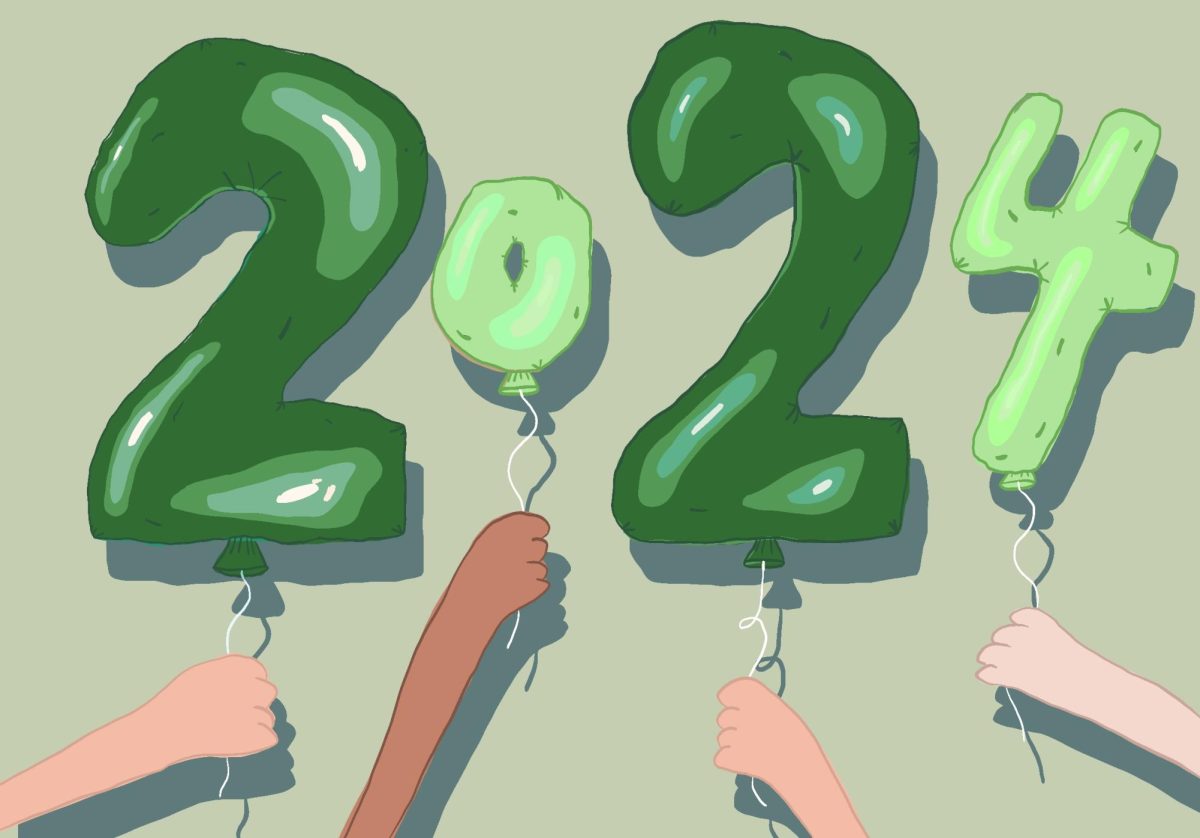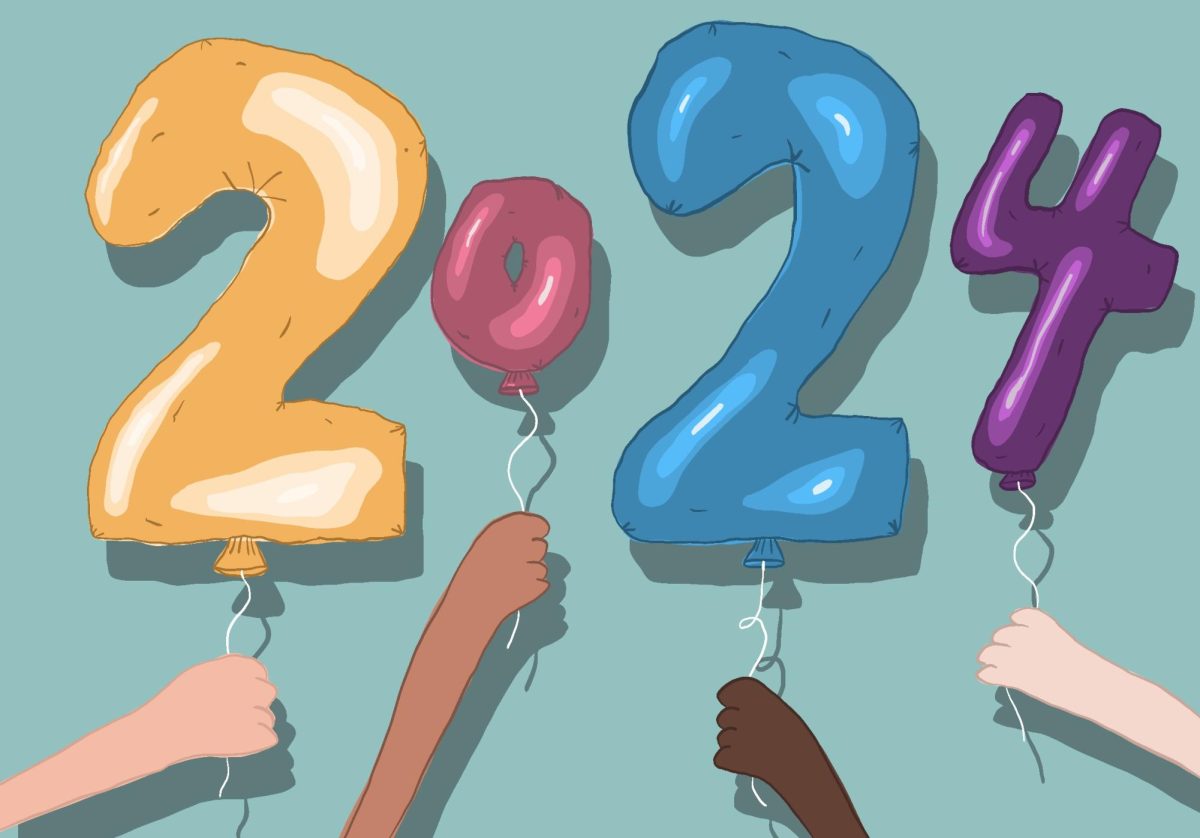?
“Cruel and Unusual” was a part of the Spring 2012 Social Justice Film Series that sought to highlight the struggles transgender women face.
The UVM Center for Cultural Pluralism aired the film March 28 to bring awareness to the UVM community. Dirk Rodricks, program coordinator of the organization, hosted the event.
“There is a growing awareness about the transgender community,” Rodricks said. “It’s graphic films like this that drive the point home.”
“Cruel and Unusual” told the story of five transgender women who were incarcerated in a men’s prison, where they were subjected to rape and violence but denied medical and psychological treatment.
“The warden said to me, ‘We don’t recognize transsexual as a serious medical need,'” said Linda, a transgender woman in the documentary. “He said, ‘We’re not gonna treat you here. More than likely, you’ll wind up killing yourself.'”
After being denied estrogen therapy, Linda became depressed and attempted to hang herself in her cell.
The women were routinely subjected to sexual abuse and violence from the guards and inmates. Ophelia, another woman in the film, said she was stabbed twice for refusing to have sex with other inmates.
“[A guard] got behind me and started feeling my breasts, squeezing my nipples and patting my butt,” said Anna, one of the women from the film. “There’s nothing you can do but stand there and take it.”
Outside the prison, transgender women often have difficulty finding employment because, according to the film, most states do not have laws prohibiting gender identity discrimination.
Linda said she would dress as a man to find jobs that she had experience doing, but when employers saw that her name on her driver’s license was Linda, they would immediately turn her down.
“It’s ridiculous that these transgender people aren’t protected from employment discrimination,” senior Erik Rowan said. “It’s like the government is pretending they don’t exist.”
Currently only 16 states have laws protecting transgender people from employment discrimination, according to transgenderlaw.org.
Without being able to find work, many transgender people resort to prostitution and crime for survival.
“I was prostituting from age 10 to 19,” said Yolanda, another women in the film. “I needed food, I needed shelter, I needed clothes and I had to do this.”
This type of lifestyle captures some transgender people in a cycle of crime and imprisonment because they believe they have no other way to survive.
“This film raises really important awareness,” senior Asher Sullivan said. “There’s a relatively invisible system of oppression that regularly affects the lives of the trans-identified.”
Rodricks, the host of the event, said that people were surprised by the graphic nature of the film, but that it caused them to start thinking about what is being done to help transgender people in this situation.
The next film in the Social Justice Film Series will be “Divided We Fall,” and will be shown on April 11. The documentary will highlight the prejudice American Muslims face in a post-9/11 culture






